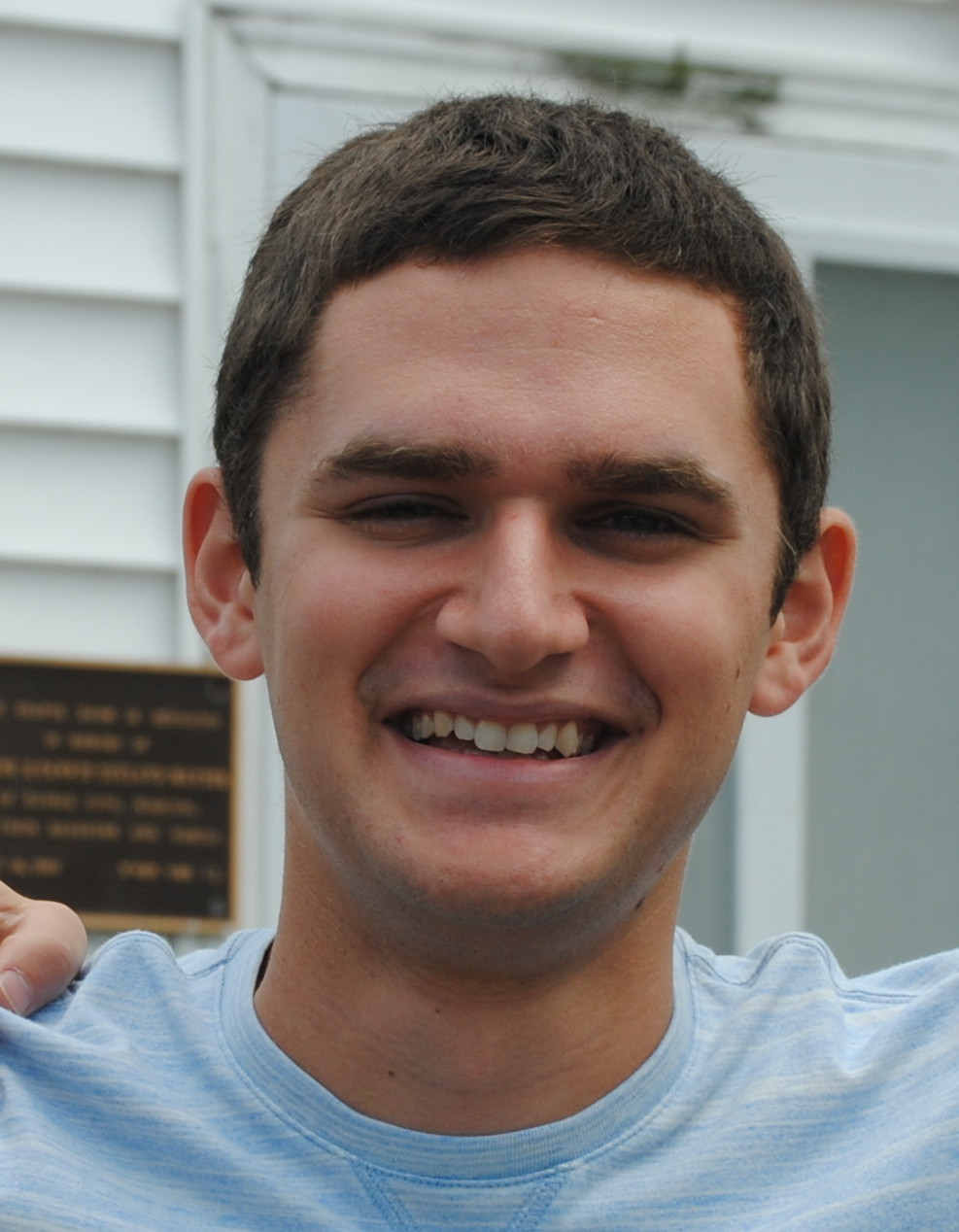Please enjoy a D’var Torah this week from Isaac Katz, who served as Rosh Machon this past summer. Isaac graduated from the Ross School of Business of the University of Michigan last spring where he completed his BBA. A lifetime Ramahnik and veteran of four summers on staff, he has moved to New York City where he works as an Associate Consultant at Rosetta. Reflections on Parashat Toldot: Thinking and Doing Judaism at Camp Ramah By Isaac Katz
In this week’s parasha [Torah reading], we are introduced to Jacob and Esau. Like siblings before (Cain and Abel; Isaac and Ishmael) and, far too often, since, their lives appear to be defined by their rivalry with each other. They emerge out of the womb in conflict, with Jacob holding onto Esau’s leg, and conflict follows them as they grow older. The Torah immediately presents them as opposing forces: Jacob, the ish tam, the simple, thinking man, and Esau the man of the fields, the man of action. These contrasting archetypes – the thinker and the doer – seem destined to clash in this story and beyond, but at Camp Ramah we embrace both thinking and doing to create a unique and profound experience.
We often say Camp Ramah is where fun and friendship build Jewish lives. Every day at camp, we invest in living Jewishly through both thought and action. Jewish thought is present in our pe’ulot – sport, waterfront, outdoor education, the arts – as well as in our Hebrew and Jewish studies classes. Any camper who has spent even one Shabbat in Conover knows all about the powerful thematic programming that defines the Shabbat experience at Ramah Wisconsin: our counselors develop creative ways for our campers to engage with meaningful Jewish ideas and develop their own thoughts on them. This hallmark of the Ramah experience is why so many of our campers feel proficient in analyzing a text and grappling with difficult Jewish questions and contradictions. Studying and discussing a Jewish idea is as natural at camp as hitting a softball or walking on the garbage trail. But thinking about and discussing historical and contemporary Jewish ideas are not limited to formal programming. At camp, Jewish thought is intertwined in everything we do. Hebrew permeates nearly all facets of daily life, and I have many memories of impromptu late night conversations with friends about God, our personal Jewish practice, or the Jewish lives we want to live when we grew older.
The learning, thought, and conversations I’ve had at Camp Ramah are unparalleled. But what really distinguishes camp and makes it so special is the action coupled with that thought. We don’t just learn about Jewish life at camp; we live it, 24 hours a day. From t’filot (prayers) every morning to birkat hamazon [the blessing after meals] three times a day, performing Broadway musicals to keeping score in a softball game – all in Hebrew. Machon (entering 10th grade) travels around Wisconsin, volunteering and engaging in hands-on learning (and sometimes even meeting Jewish baseball players!), and Shoafim (8th grade) raises thousands of dollars every summer through their tzedakah project, learning first-hand this important Jewish value and practice. Generally at camp we live Jewish-filled lives in a utopian community, where Jewish “practice” is not practice at all – it is action, and it feels entirely natural. I am only now beginning to understand how impactful this experience was on my development as a Jew and human being.
Throughout my time as a Ramah camper, counselor, and now rosh eidah [division head], I’ve learned how to think and live Jewishly, and was honored last summer to have the opportunity to share and spread this important vision. While Jacob and Esau grew up eternally pitted against each, one a thinker and the other a doer, Camp Ramah embraces these two approaches to Jewish life, creating a magical space with a lasting impact.






